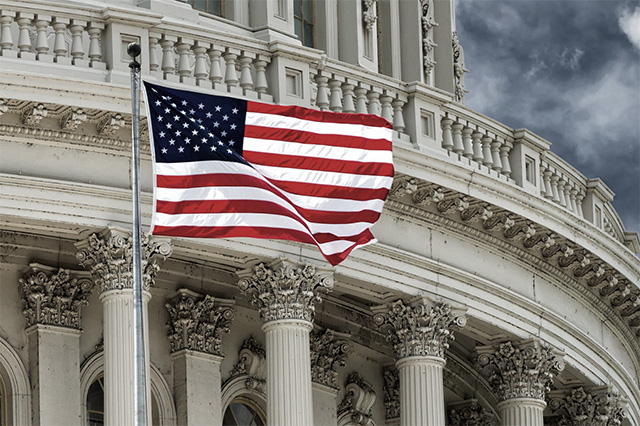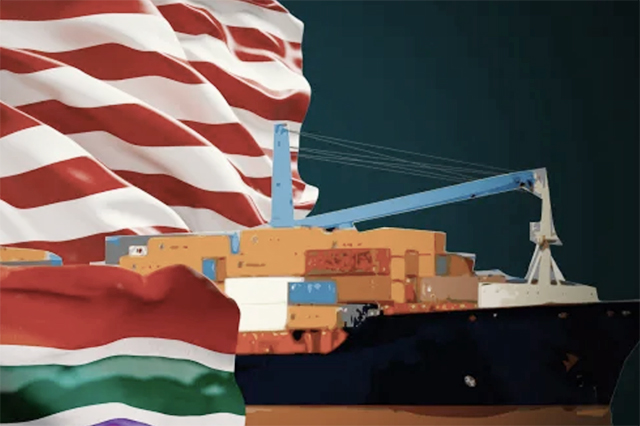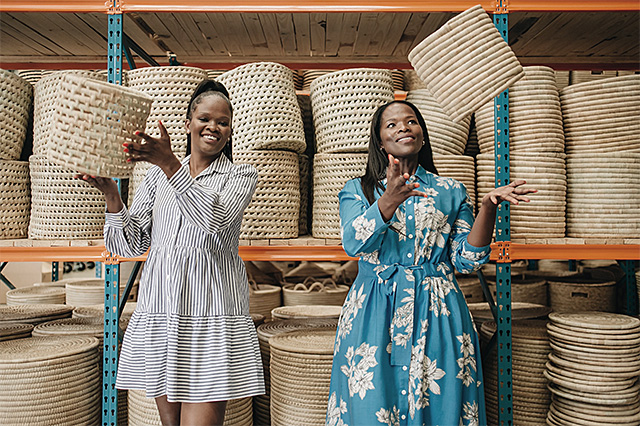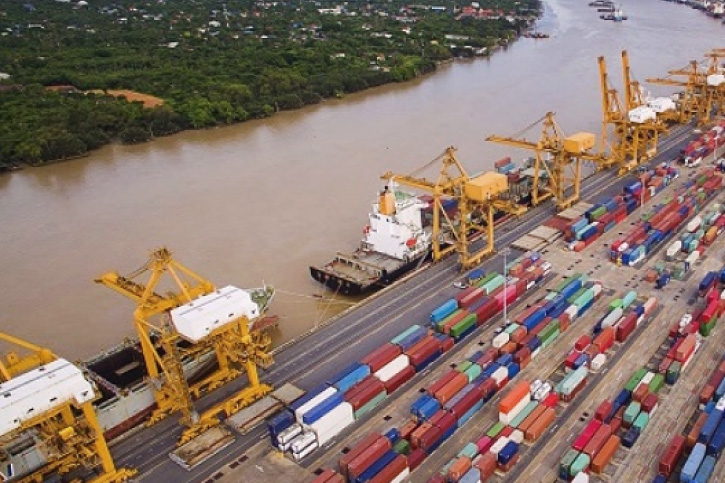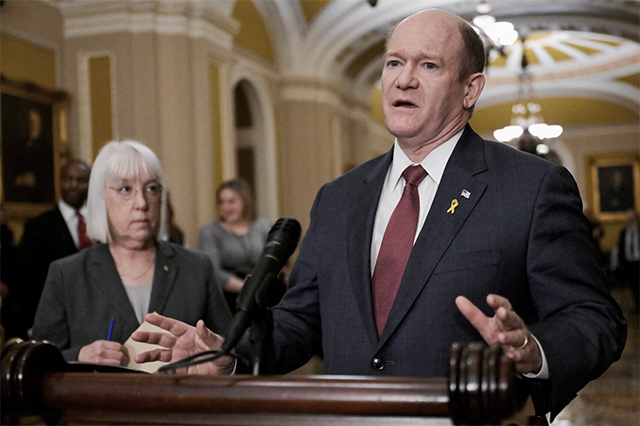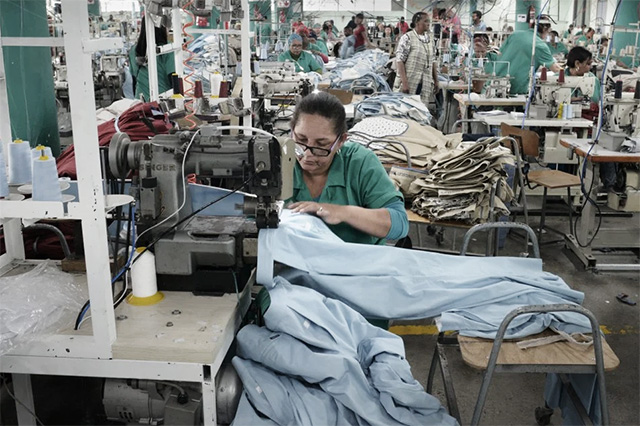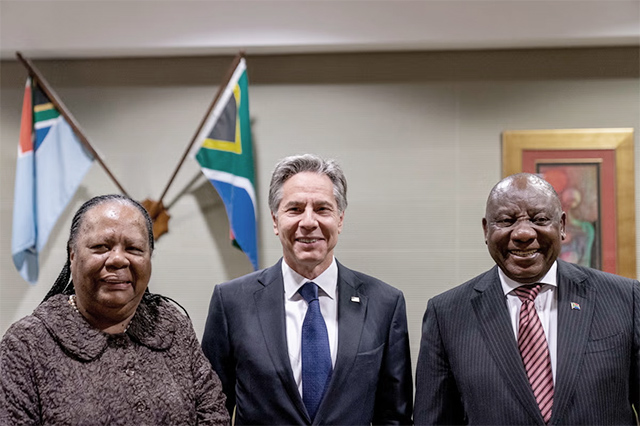Rhetoric aside, the US needs South Africa inside the AGOA tent, not outside
The South African government sent a senior ministerial delegation to the US to make its case for keeping South Africa as a beneficiary of its trade preferences under the African Growth and Opportunity Act (AGOA).
Most commentators focus on the benefits of Agoa to South Africa, but there are good reasons that it is very much in America’s interests to keep South Africa as a trading partner and within its sphere of influence through Agoa membership.
Agoa is not a bilateral trade agreement – it is a piece of US legislation in terms of which America decides unilaterally who benefits and who does not. Whether or not South Africa keeps its benefits will rightly be decided by US politicians. American authorities have a duty to act in the interests of the US.
The main sticking point for the US government, and many commentators, is South Africa’s professed neutrality in the war between Russia and Ukraine. Critics believe that the South African government’s actions, like military exercises with Russia, loading mysterious cargo on the Russian ship, Lady R, in the South African Navy’s port of Simon’s Town as well as its refusal to condemn the Russian invasion of Ukraine, display pro-Russian bias, deemed harmful to the interests of the US.
And the Agoa legislation says African beneficiary countries “must not engage in activities that undermine United States national security or foreign policy interests”.
Why would the US take what would be viewed as a hostile action and force South Africa, and possibly other African countries, into the camp of Russia and China?
In fact, it would be harmful to America’s interests to terminate South Africa’s Agoa membership because by kicking South Africa out of Agoa the country would be driven into the arms of Russia and China.
Considering South Africa’s strategic position as an alternative sea route to the Suez Canal, its strategic minerals bounty and its role in sub-Saharan Africa as Africa’s most industrialised country, the United States has a strategic motivation for keeping South Africa in the Agoa fold.
This is a real issue, because the US is rightly worried about the role in Africa of Russia and China, and the expansion of their diplomatic and trade ties to this continent.
The US secretary of State, Anthony Blinken, undertook African tours in 2021 and 2022 to show African countries how much they were valued in Washington, and what the US could do to help them. Why undermine his message?
In 2022, the US unveiled a new Africa strategy, publishing a policy document that opened with the statement that “sub-Saharan Africa is critical to advancing our global priorities.”
Kicking South Africa out of Agoa would frustrate this geopolitical aim. Why would the US take what would be viewed as a hostile action and force South Africa, and possibly other African countries, into the camp of Russia and China?
Trade and diplomatic ties could well be followed by military alliances. Does the US really want a Russian or Chinese naval base in Simon’s Town?
Then there are the potential costs that would be imposed on US manufacturers and US taxpayers if South Africa is thrown out of Agoa.
First, the US is itself a beneficiary of the Agoa terms of trade, not only because of increased access to the South African market, but because South African manufactured goods, such as parts for motor vehicles manufactured in America, enter the country duty free. Those benefits would be lost to US industry.
Aid increases
Second, and more importantly, losing Agoa membership would be a harsh blow to the South African economy, with ripple effects beyond its borders, punishing workers and poor people throughout the southern African region, but not politicians.
Therefore, expelling South Africa could result in very expensive increases in US aid to Africa, funded by US taxpayers if the South African economy collapses under the weight of its domestic problems and the production of its farmers, businesses and workers denied access to US markets.
The US spends billions every year in aid to Africa – $8.5-billion in 2020 alone.
Agoa is the “African Growth and Opportunity” Act because it aims to do exactly that – help African economies to grow, increase their trade ties with America and in the process create jobs and improve opportunities for Africans to improve their circumstances.
Kicking South Africa out of Agoa would hurt poor people the most – the workers in South Africa’s manufacturing and agricultural industries that have expanded because of Agoa benefits. In a region noted for record unemployment, each wage earner has to support multiple dependants. One job lost means that many go hungry.
It is surely not in America’s interests to take an action that could destabilise the economies of southern Africa, frustrate the Agoa vision and increase the billions that US taxpayers spend to uplift African countries and their people.
Finally, there is one US sector in particular that will suffer if South Africa loses its Agoa benefits. When the legislation was last renewed in 2015, US politicians – including a senator now objecting to South Africa’s continued membership – forced South Africa to accept a substantial annual quota of US chicken portions free of the anti-dumping duties to which they were previously subject.
That quota has irked the South African poultry industry ever since, and they wanted it removed in any Agoa renewal. Because of the quota, the US has become the main supplier of frozen chicken portions to South Africa, and South African chicken farmers say it is hurting them.
But, if Agoa goes then the quota automatically goes with it. The South African poultry industry would rejoice, but US poultry producers would forfeit a substantial market they have developed.
Agoa benefits the US and South Africa, and kicking South Africa out of Agoa is clearly not in the interests of the US or American taxpayers.
There is a national election coming in South Africa in 2024 – why would the US not wait for the verdict of South African voters?



